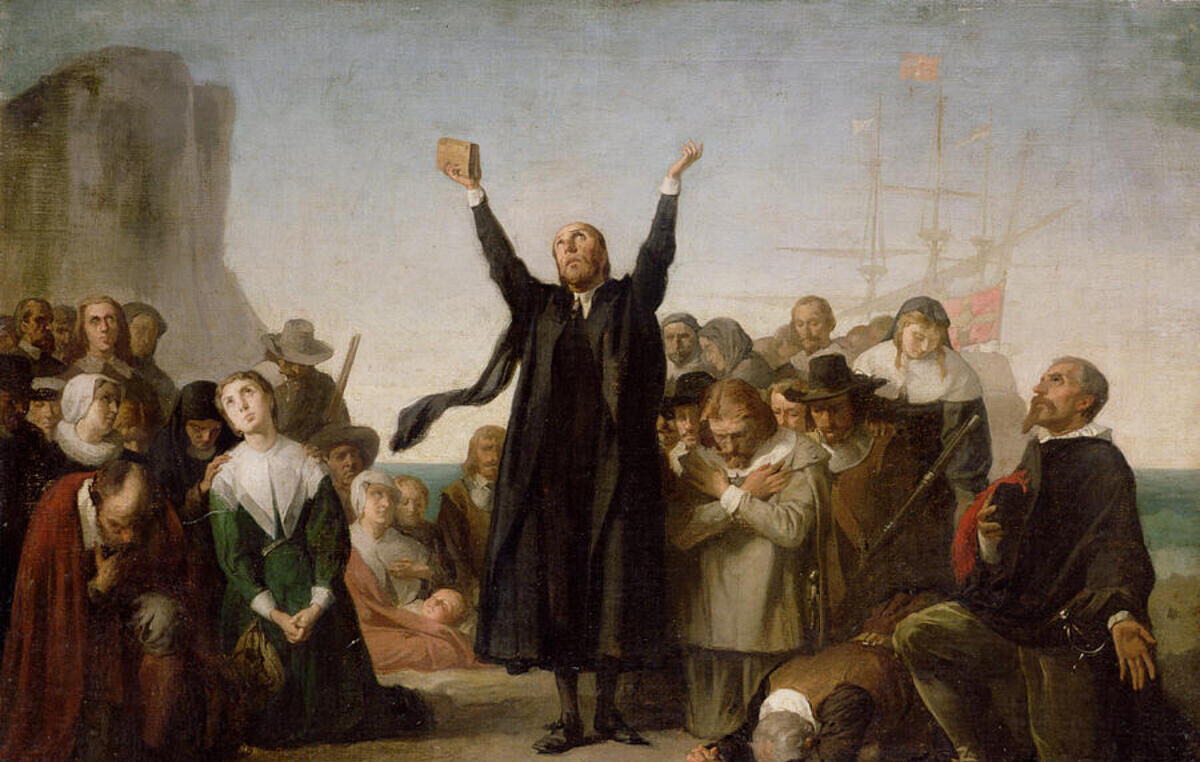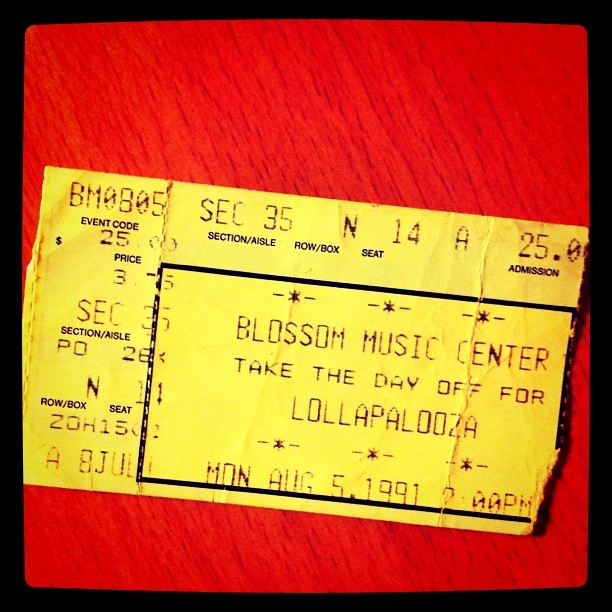If you live in America or are associated with the United States in any way, you are probably aware that Thanksgiving is upon us, but do you know what that means? Thanksgiving is an excellent time to reflect on American storytelling, which has always been about the American people’s endurance. Puritan literature is the first predominantly American narrative. And so to honour that, this year we aren’t just sinking our teeth into the turkey (or Fauxturkey). We’re going back to days of reading tales by candlelight, so join me as we list some of the most significant pieces of Puritan literature.
5. Rev. Nathaniel Ward – The Body of Liberties (1641)

Reverend Nathaniel Ward was a clergyman and pamphlet writer in England and Massachusetts. He studied law, graduated from Emmanuel College, Cambridge University, in 1603, and wrote America’s first constitution. Ward immigrated from England to Massachusetts. After resigning as minister for the colony, he wrote The Body of Liberties, which was a legal code and was endorsed by the General Court of the Massachusetts Bay Company in December 1641. This code used the Magna Carta, Old Testament, as well as the Common Law to build the colonies’ infrastructure.
However, Ward believed in a theocracy rather than a democracy. Ward’s central thesis was that the law and justice were integral to the individual’s liberty. Because of this, he is credited with introducing autonomy to the states, which led to the first constitution.
4. Nathaniel Hawthorne – Young Goodman Brown (1853)

Nathaniel Hawthorne was a writer who was the descendent of Judge John Hawthorn, the only judge involved in the Salem Witch Trials who refused to repent for his actions.
Hawthorne’s work was anti-puritan, with Young Goodman Brown being a metaphor for the PTSD the colony faced after the trials. The story focuses on a young man, Goodman, who leaves his wife Faith for some mysterious quest in the forest and ignores her pleas to stay home. Brown goes on his journey and meets the older version of himself, as well as the most pious woman in Salem village. Soon, Brown realizes that he has found himself amid strange events, and in the morning is unsure if it was all a dream.
This story is the ultimate allegory for Salem’s village and how quickly the townspeople turned on each other when they were in the “dark.” The story also serves to express the confusion surrounding faith, maintaining and losing it.
3. Anne Bradstreet – The Tenth Muse Sprung Up Lately in America (1650)

Born in England to the steward of the Earl of Lincoln, Anne Bradstreet was incredibly cultured and well educated. In 1650, after moving to the Massachuttes Bay Colony with her husband and bearing her first son, Bradstreet was commissioned by the Rev. John Woodbridge to write The Tenth Muse Sprung Up Lately in America, which made her the first author published in the New and Old World.
Bradstreet’s poems expertly mixed the puritan beliefs and the humanity of living. Her work was also progressive and quite feminist for the time, remarking on the power of Queen Elizabeth. The commissioned piece was initially published as a testament that pious homemakers could rise above their given societal placements and prove that they were as mentally capable as their male counterparts, without necessarily outdoing them.
Tragically, Bradstreet’s home burned down in 1666, and then in 1672, at age 60, she died of tuberculosis. She was buried in North Andover, Mass., in a section known as the “Valley of the Poets.”
2. Captain John Smith of Jamestown – The Generall Historie of Virginia, New -England, and the Summer Isles (1624)

Not to be confused with the Disney characterization of the captain, John Smith was virtually useless. Smith was originally implemented as the Captain of the Virginia Company, as the first two American colonies were joint-stock companies. However, due to Smith’s exceedingly poor leadership skills (increasing food supplies while decreasing population), he was shamed out of being the Captain of the company and was shipped back to England, after sustaining an injury.
Upon returning to England in 1609, Smith began to write about his time working with the Virginia Company. Though The Generall Historie of Virginia, New England, and the Summer Isles was published in 1624, that didn’t stop Smith from gossiping with others and writing it as fact. Smith also reported that he was “rescued” by Pocahontas in 1607, yet failed to mention that until the book was ready to be published. He also in fact never travelled to the Summer Isles (Bermuda), though that didn’t stop him from pretending that he had been there.
Smith is credited with the conception of American literature, writing about exploration, and governing, but that was just about the only contribution he made. Because really, the man was petty.
1. John Milton – Paradise Lost (1667)
-portrait-of-a-gentleman-(john-milton).jpg)
John Milton was a poet and intellectual, and civil servant who later served under Oliver Cromwell. Milton wrote in Greek, Italian, and English and fought for the right to free speech and freedom of the press, making him a revolutionary in his staunch beliefs against censorship.
Milton wrote his most remarkable work and one of the most well-known pieces of puritan literature, Paradise Lost, while enduring poverty and total blindness. He dictated the verses to his aides. The poem, written in blank verse, was the first of its kind not to follow a concrete structure, therefore leading it to change the landscape of storytelling. Using the story of The Garden of Eden, we are told a version of Adam and Eve, which is one of the main stories of the western religious tradition. There is speculation that the story was written at Milton’s frustration concerning the English Civil War and the social and spiritual decline. However, Milton says in the book: “justify the ways of God to men.”
Paradise Lost remains an iconic piece of literature that was later illustrated by William Blake, John Martin, and in 1974, Salvador Dali crafted 10 color engravings based on the poem. In addition, it has been adapted for modernity over time, proving to be a classic.
Puritan Literature and the New World
Altogether, these works of literature stitch together the fabric of American storytelling. Puritan literature was more than just writing about their religious beliefs, but written accounts of the earliest days of survival. The puritan literature movement gave the American people an entranceway into writing their own tales of the New World.
We hope that these stories help you discover even more stories that reflect modern America’s early cultural development.





